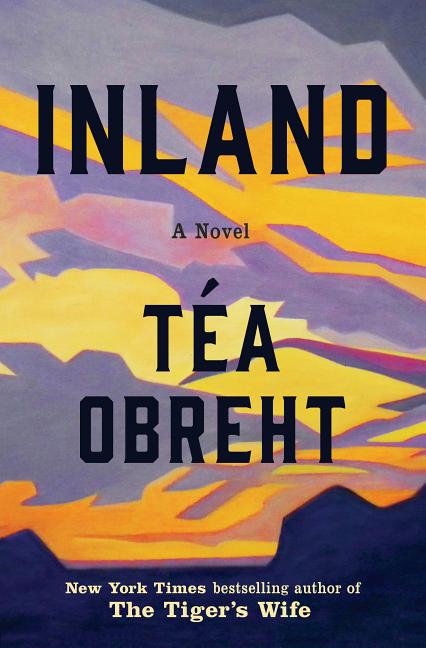 Téa Obreht, Inland (2019)
Téa Obreht, Inland (2019)
You’d be forgiven, if you read Téa Obreht’s 2011 debut
The Tiger’s Wife (ahem, see above), for having high expectations for her sophomore effort, especially considering it’s been 8 years in the making.
You’d be forgiven, and you wouldn’t be disappointed. This is a lush, wide-ranging, and fully American novel, a revisioning of a classic Western, imbued, as all the best revisionings are, with many of the satisfactions of the trope, but presented alongside a set of new and better ones.
For instance, for a Western, it’s not particularly violent—or not as violent as you’d expect, though what is there was so well-written as to make me gasp—and instead we get the aftermath: the ghosts. Ghosts are everywhere in this novel, reminding us that every place and time has its own history, its own victims, its own way of self-consideration. Both Nora and Lurie see them, though it’s not always clear that they both believe them. We believe them, though: such is the compelling texture of Obreht’s prose.
There are two stories at play here: as the novel opens, Nora, a frontierswoman in the Arizona Territory in the late 19
th century, waits more or less patiently for her husband and two eldest sons to return, as her water runs out and her youngest son begins to see monsters in the underbrush; then there’s Lurie, the outlaw and immigrant who joins the United States Camel Corps (yes, this is a thing) and begins a long trek.
These two stories eventually converge, in a way I didn’t see coming at all—though in retrospect it was perfectly orchestrated, inevitable, really. Maybe it was my level of immersion that kept me from noticing Obreht’s deft use of time and space between and within the two narratives. Suffice it to say, if this is a new American myth, I’ll take it.
–Emily Temple, Senior Editor
 Téa Obreht, Inland (2019)
Téa Obreht, Inland (2019)